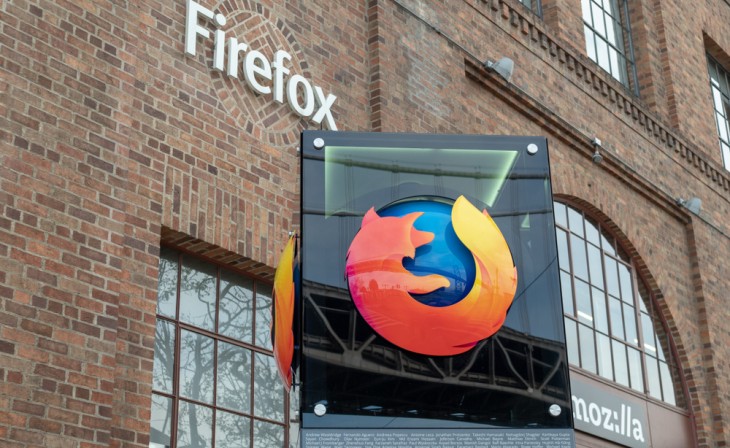4 reasons to keep using Firefox
The one that was once the great bulwark of web standards and grew to account for one-third of all PC Internet users is now trying to keep up with the legion of Chromium derivatives led by Chrome.
The current state of Firefox cannot be understood until one examines Mozilla seriously, which has been sleeping on its laurels for far too long while Chrome has gained popularity.
Google's browser not only won the web thanks to the company's formidable advertising apparatus but also because Chromium and its major derivation were the first to truly exploit multicore computers, a capability that Firefox did not fully solidify until the advent of Quantum (at least in qualitative terms).
Another factor to consider is HTML5 support, particularly when it comes to multimedia. Chrome was well ahead of both Firefox and Internet Explorer until the release of the first Microsoft Edge, which was canceled owing to its failure and resurrected (or rather, sustained) as a Chromium-based project.
Given Mozilla's slowness in bringing it up to date and its inability to penetrate the mobility market, many believe that Firefox now lives on Linux, a system where it still has many loyal users, some of whom, surprisingly, were not taken care of by Mozilla until relatively recently, and on top of that, most of the great improvements incorporated for that system came from Red Hat, not the foundation.
Given Firefox's current state, one would wonder if there are compelling reasons to utilize it today, which is exactly what we will address in this essay.
Avoid a monopoly
This reason may seem obvious, but it makes sense. If Firefox succumbs to the torrent of Chromium derivatives (though only Chrome and Edge have more users), Google and its acolytes may end up supplanting the W3C and controlling how the Web works.
True, the fact that Chromium is open source means that its domain is not as detrimental as that of Internet Explorer in its day, because Microsoft tried in the past to impose its criteria on how web pages had to work in browsers web, and Firefox was the primary resistance in that sense during those years.
Although some Chromium variants, like Vivaldi and Brave, attempt not to follow everything Google demands, the reality is that they do not have much leeway if they wish to keep compatibility with extensions, among other things.
Other ways to respect user privacy
Mozilla has traditionally marketed Firefox as a privacy-conscious browser, although this is not totally true. Despite this, it is true that the program has been adding, particularly in recent years, safeguards that limit the radius of activity of those actors, namely the well-known Google and Facebook, who tend to ignore or violate user privacy.
Mozilla activated Total Cookie Protection in Firefox last month, a feature that stores cookies from each website in its own "jar" to avoid cross-site monitoring. As a result, each website can only access its own cookies and not those of other websites, reducing the possibility of tracking and forcing the use of less intrusive rules.
Another recently introduced privacy-promoting function is the clipping or cleaning of URLs containing unique tracking codes, which Firefox uses to try to decrease websites' tracking capabilities.
Picture-in-Picture
Picture-in-Picture is one of the most impressive features, allowing you to isolate the playback of a video from the web and put it on the screen so that you may continue watching it while visiting other websites. However, this is not just supported once, but may be applied several times, allowing the user to view multiple films from different platforms or websites at the same time.
Watching numerous films at the same time may seem absurd, but the multiple Picture-in-Picture capabilities is beneficial for watching videos in the order that the user selects and without losing sight of them.
Open multiple sessions of the same website
Those in charge of Firefox create an extension that provides containers that allow you to start several sessions within the same page, a method that may be used to enhance privacy once more. In case you're wondering, yes, you can open numerous Gmail or Outlook sessions in the same browser.
Furthermore, the container extension supports profiles, allowing you to create a professional profile for work and a personal profile for home use and leisure. This broadens the options, such as avoiding using the wrong email account, to provide a simple example.
Perhaps Firefox is not having its best moment, but that does not mean that it is a useless product, because it has some interesting features and it appears that Mozilla is getting its act together on certain fronts, but there remains the question of whether it is arriving on time because many people believe that he has reacted late and poorly.
We've kept several advanced features in the inkwell, such as a debugger/inspector that some say is better than Chromium, but this is where we start delving into complex issues.
Post by Bryan C.




